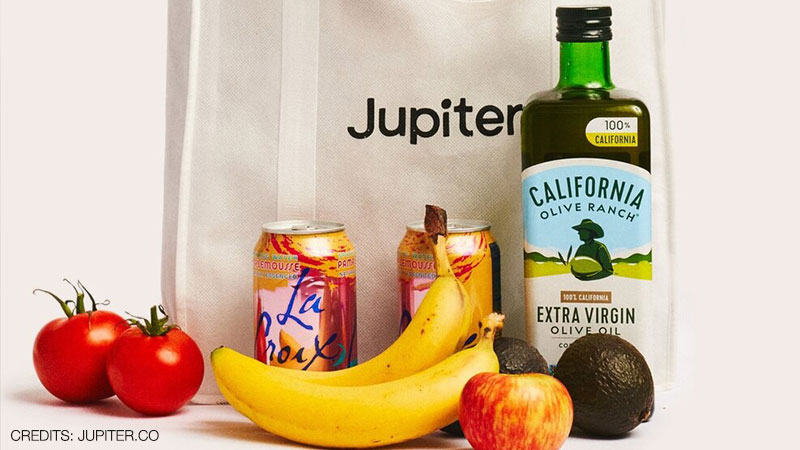Trend Ticker
As a cooperation partner of the FH Upper Austria and the company TRENDONE, we offer you regular insights into science and technology as well as developments and technologies in the eGrocery field. The copyright holder is TRENDONE GmbH.
Cellulose layer keeps fruit & veg fresh for longer | Empa & Lidl, Switzerland
Lidl Switzerland has partnered with the Empa lab Cellulose & Wood Materials to develop a cellulose coating that makes fruit and vegetables last longer, and reduces food waste. For this purpose, pomace is processed into fibrillated cellulose.
Additives such as vitamins or antioxidants could also be added to the coating, which is sprayed onto the fruit and vegetables or applied as a dip. Both methods allow the sustainable and edible coating to be easily washed off. The celluose layer will be tested as part of a trial in the summer by Lidl and its fruit and vegetables supplier.
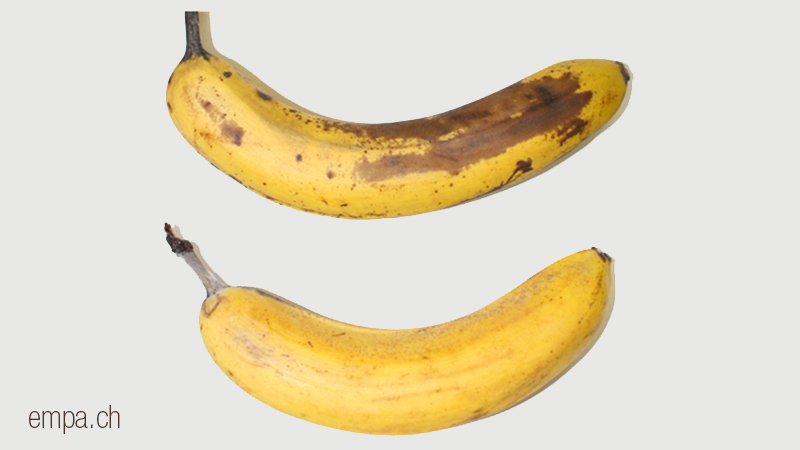
Supermarket aims to change shopping habits | Oda Norway AS
The Norwegian online food retailer Oda shows customers the carbon footprint of each item on their receipts in addition to the price. Besides the receipts, Oda also provides a customer-oriented website with information on the emissions.
According to Oda, some customers have changed their shopping habits as a result of the provided information, and now buy more climate-friendly products. The retailer collaborated with Cicero, a Norwegian climate research institute, to sort its products into high-, medium-, and low-emission categories.
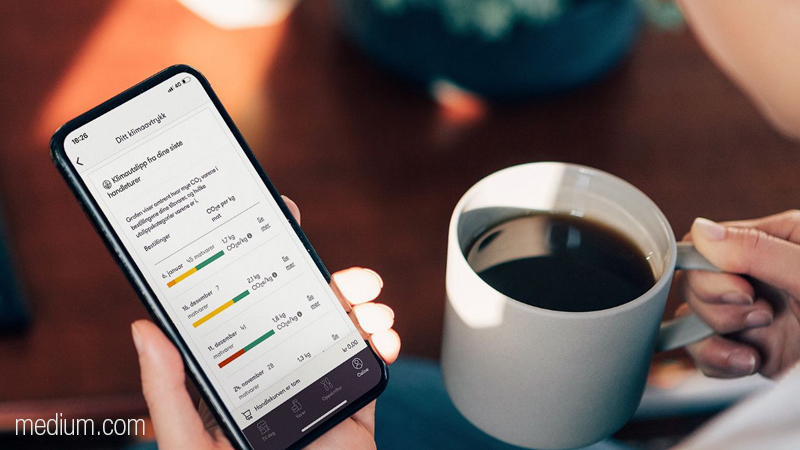
Supermarket orders with AI-powered content | Walmart Inc., USA
The retail group Walmart has partnered with the media company Meredith so that customers can plan and prepare family meals together better and faster. For this purpose, tools and personalised content are made available. Meredith provides solutions for AI-powered meal plans, recipes with shopping options, an image-based feature and chat bots.
What's more, customers can get inspiration from "Allrecipes” via voice control and Google Assistant, and order the ingredients from Walmart. The partnership is being promoted on TikTok with Allrecipe videos which include a Walmart shopping option for the required ingredients.
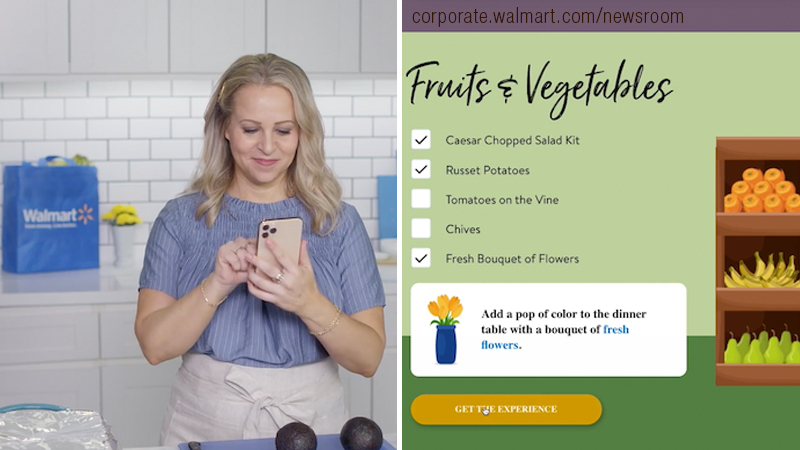
Nano warehouse for quick delivery services | Noyes Technologies GmbH, Germany
Munich-based start-up Noyes Technologies has developed a nano warehouse for high-speed delivery services in urban areas. The smallest warehouse, at 20 m², is said to be large enough to house grocery delivery service Gorillas’ or Flink’s entire range. The modular, cubiform systems contain many boxes.
At work inside are robots that place the required items into the output compartments in a matter of seconds: much quicker than humans could fill a shopping basket. The nano warehouses could also be used for automated pick-up hubs in supermarkets.
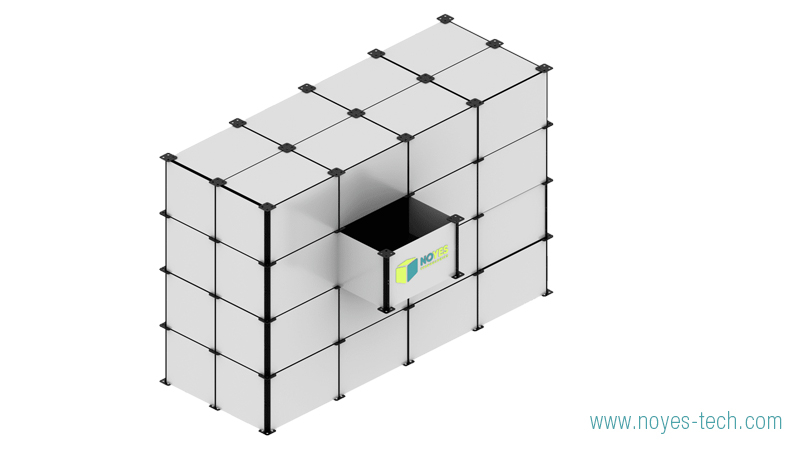
AI prevents food waste in supermarket | Magma Solutions UAB, Lithuania
The Lithuanian start-up Magma Solutions has developed technology called "Pixevia” which detects food and suggests price reductions shortly before the sell-by date expires. The AI system is being tested in a smart Pixevia store in Vilnius, where automatic product recognition puts an end to product scans and paying at checkouts.
The AI also detects how fresh the products are. If they show any signs of going off or reaching their sell-by date, a dynamic price algorithm triggers price reductions. What's more, the system takes the weather and shopping trends into account in an effort to prevent food waste.
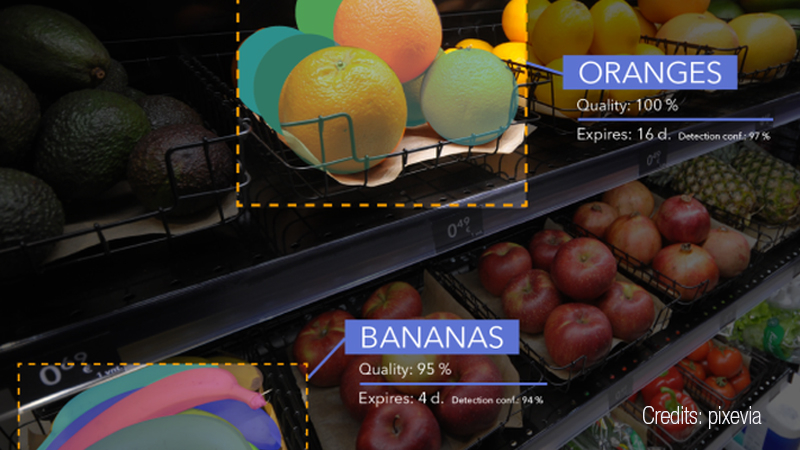
Smart box for fresh food deliveries | Walmart Inc., HomeValet Inc., USA
The retail giant Walmart has partnered with the start-up SmartValet to plan a pilot project in Arkansas which will see fresh food being left in a temperature-controlled smart box outside customers' houses. This will also allow perishable and deep-frozen products to be delivered when customers are not at home.
The SmartBox is connected to an IoT platform and divided into temperature zones for frozen, refrigerated and pantry items. The delivery provider can open the box using his mobile device and deposit the order. This will allow customers to receive deliveries around the clock and with no contact.
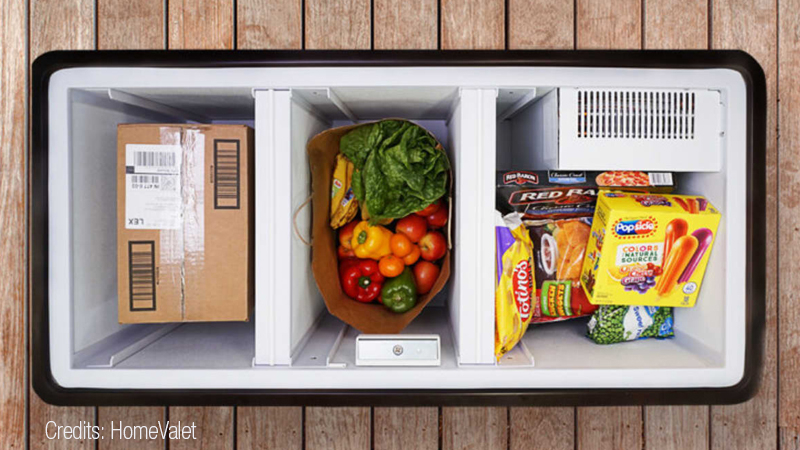
Zero-waste delivery service for groceries | Zero Grocery Inc., USA
The American food delivery service Zero Grocery has committed itself to delivering groceries to its customers without the use of plastic packaging. To this end, Zero Grocery buys in bulk and packs the food and other products into glass jars, boxes and reusable containers.
Customers can have food delivered to them by paying a delivery fee or a monthly membership. Any empty containers from previous deliveries are collected so that they can be sanitised and reused for new deliveries.
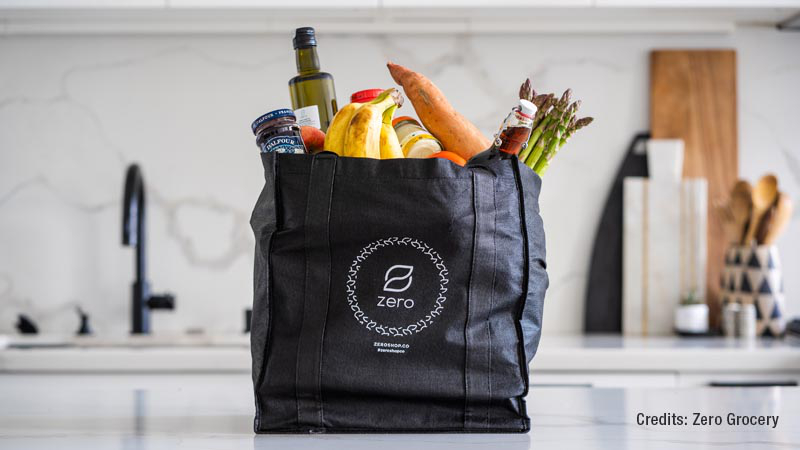
Shopping at an automated mini supermarket | Smark GmbH, Germany
The Stuttgart-based start-up Smark has developed automated convenience stores known as "Smarkboxes” that can be open to the public around the clock. Customers use the app or touchscreen to select products, and an automated storage and picking system collects and issues the items in minutes.
Software ensures that soon-to-expire inventory is dispensed first to reduce waste. The automated mini supermarket enables contactless shopping even during the corona pandemic.
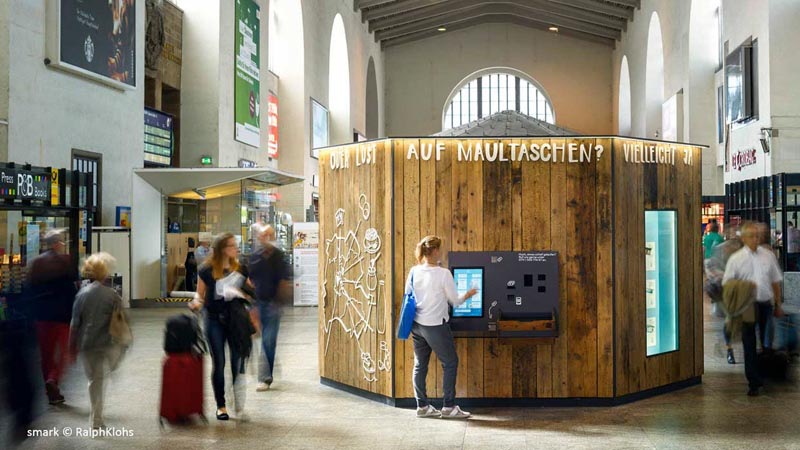
Virtual shopping in real gourmet store | Inabuggy Inc., Canada
The Canadian delivery service Inabuggy has partnered with the gourmet store McEwan Fine Foods to enable a virtual visit to the physical supermarket in 3D. Using the Inabuggy app, visitors can select the virtual 3D view in order to navigate through the store from their home.
They can click on product categories on shelves marked green to have the entire range displayed, such as all the various chocolates and sweets. People then add their chosen products to the cart and pay for them, after which Inabuggy conveniently delivers the purchases to their homes.
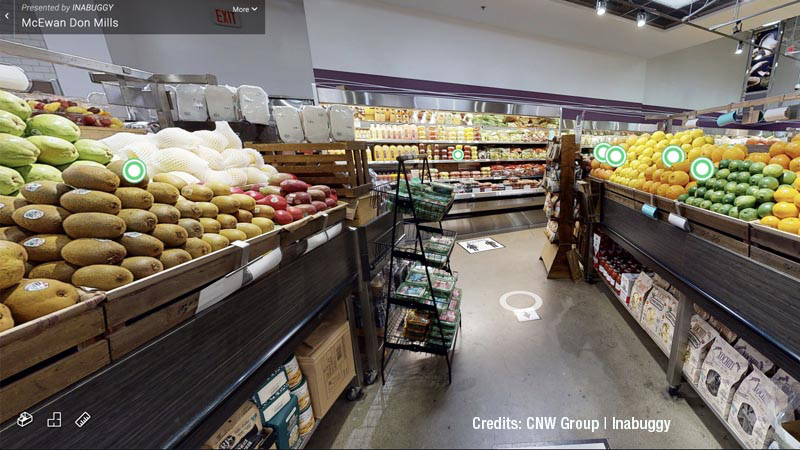
Parcel lockers with cold storage | Smartmile GmbH, Finland
A partnership between the online delivery platform Smartmile, logistics company Konecranes and retail chain K Group – all from Finland – offers customers cold storage lockers where they can pick up their groceries.
Similarly to parcel lockers, customers can order their food online and the supermarket staff store the items in the machine. The lockers combine room and cold temperature storage, so that frozen goods can also be stored. The customers can collect their shopping from the machines whenever they want.
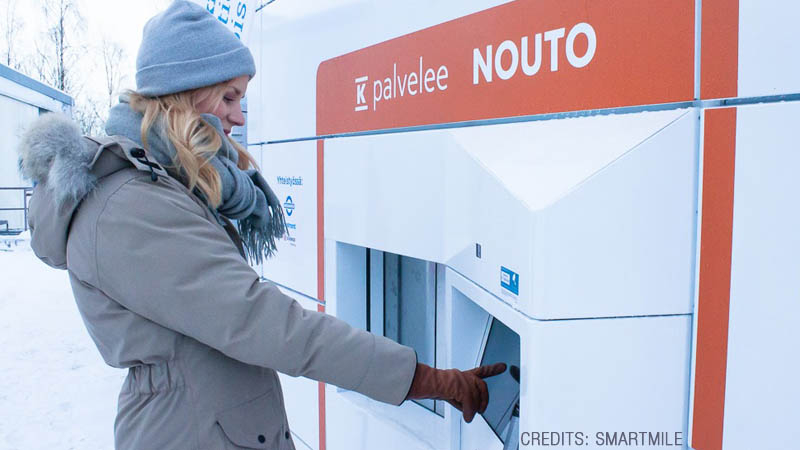
Customers inspire groceries delivery service | Instacart Inc., USA
The US groceries delivery service Instacart has set up a virtual meeting place for its customers. "Shop Talk” is an attempt by the company to find out more about their wishes and needs.
The community hub allows users to make suggestions for improvement for the shopper app. Instacart regularly assesses these and implements them as applicable. Members can also chat to each other directly and create groups around specific topics. The "Bravocado” feature personally introduces individual customers to the community and honours dedicated members with awards.
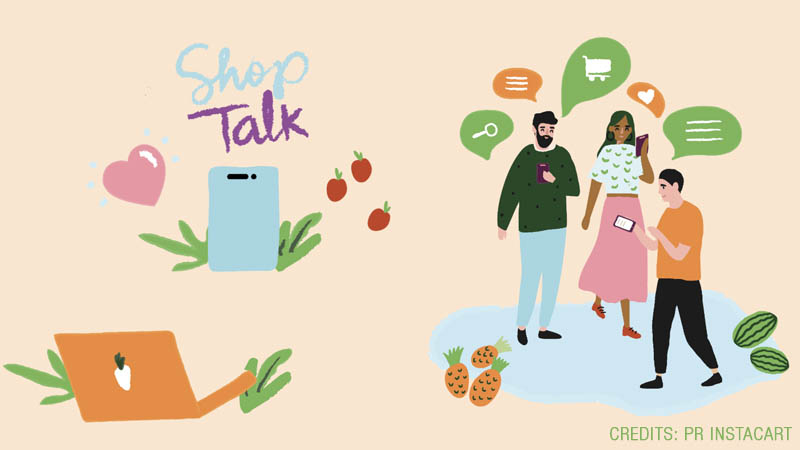
Online shop in e-mail app | Walmart Inc.
Walmart has partnered with Verizon Media to enable users of the Yahoo Mail app to place orders directly from their e-mail inboxes. People no longer need to use Walmart's online shop or app to buy the products. The "Walmart for Groceries” feature lets shoppers look for products in their e-mail program, compile a shopping list, and order the goods. They also get to choose whether the items should be delivered home or if they prefer to collect them from the store. What's more, the use of the user data will see customers receiving personalized product recommendations.
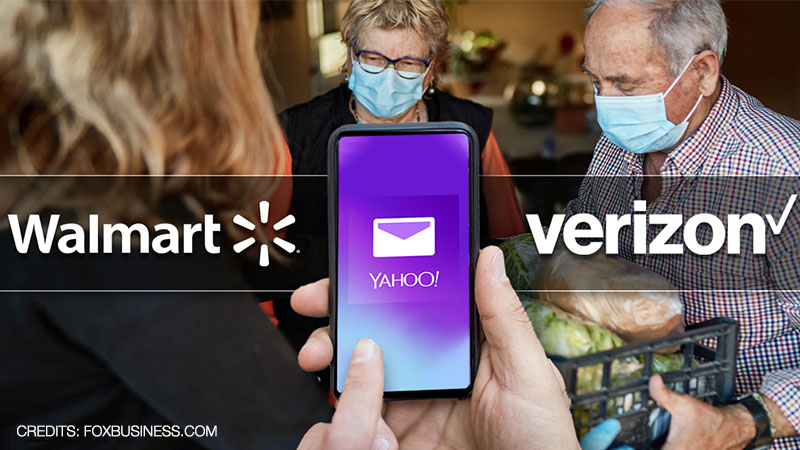
Automatic food delivery service | Jupiter Inc., USA
The start-up Jupiter wants to make home deliveries more convenient and has launched a service for the automated reordering of groceries. Using an app, people first choose from a catalogue featuring all the key products, including mass-produced items, ready-made meals, and snacks, while households are generally served by the same person every week. Based on previous orders, an integrated autopilot regularly compiles curated shopping carts as a suggestion and learns a family’s preferences over time.
